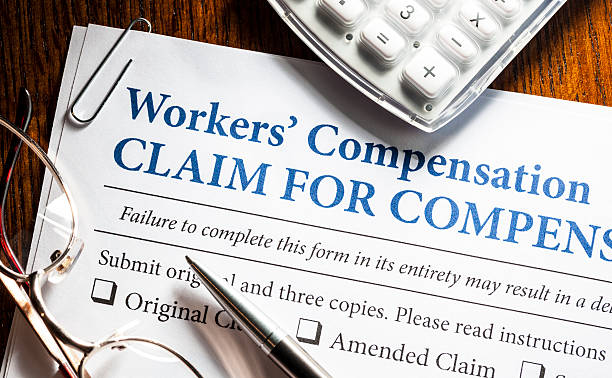If you have been injured in an on-the-job accident, developed an injury due to an environmental factor at your place of work or contracted a work-related illness, you may believe that you should be able to claim workers’ compensation benefits. Many people in California do quality for and collect these benefits in such situations but receiving an approval for a claim is anything but automatic. In fact, there are some situations in which claims are denied or people are not offered the level of benefits they might deserve.
As explained by the State of California Department of Industrial Relations, there are steps you can take if your initial claim for workers’ compensation does not produce a result you feel is fair. You may challenge the denial of your claim by filing such a challenge with one of the statewide workers’ compensation offices. There are 24 of these offices around the state. Your challenge will be reviewed by an administrative law judge.
If the decision by that judge does not meet with your satisfaction, you may then file an appeal with the Workers’ Compensation Appeals Board. This is a seven-person group that is granted judicial powers to review and rule on decisions handed down by the administrative law judges.
If you would like to learn more about the state department that manages workers’ compensation and how you might seek assistance if your claim was denied or if you feel the benefits offered to you are inappropriate, please feel free to visit the challenge or appeals page of our California workers’ compensation website.



